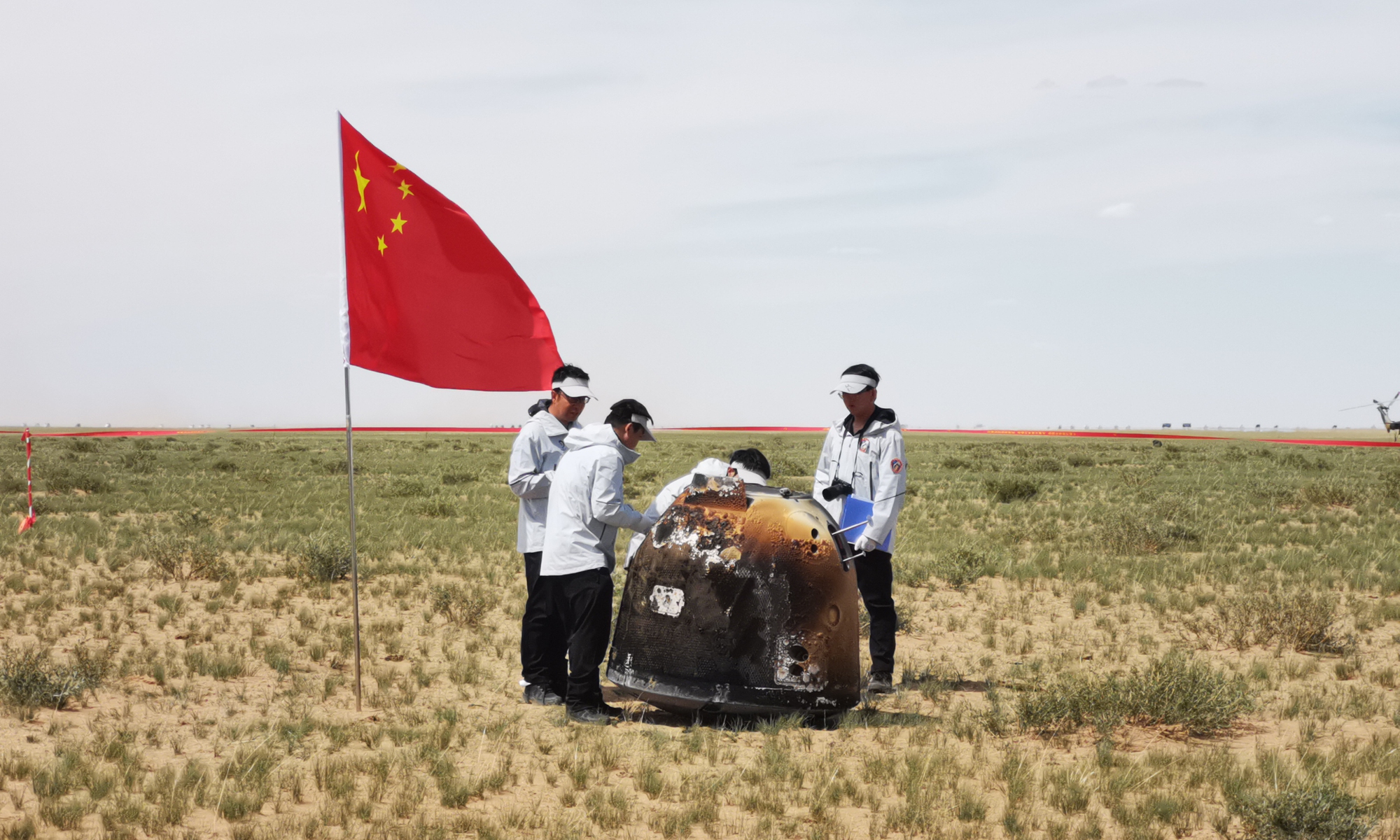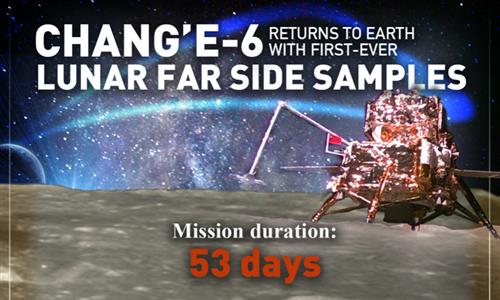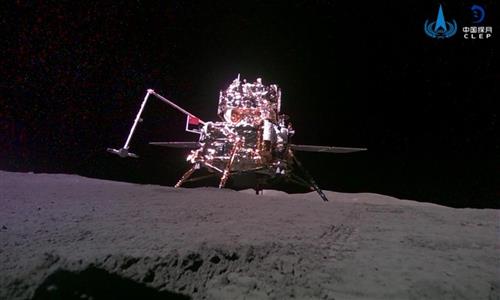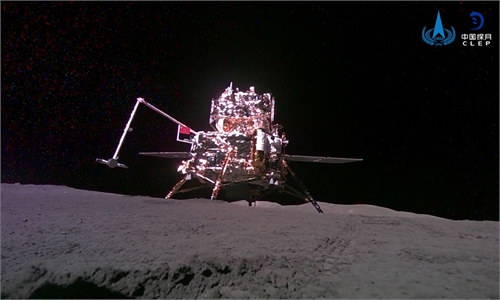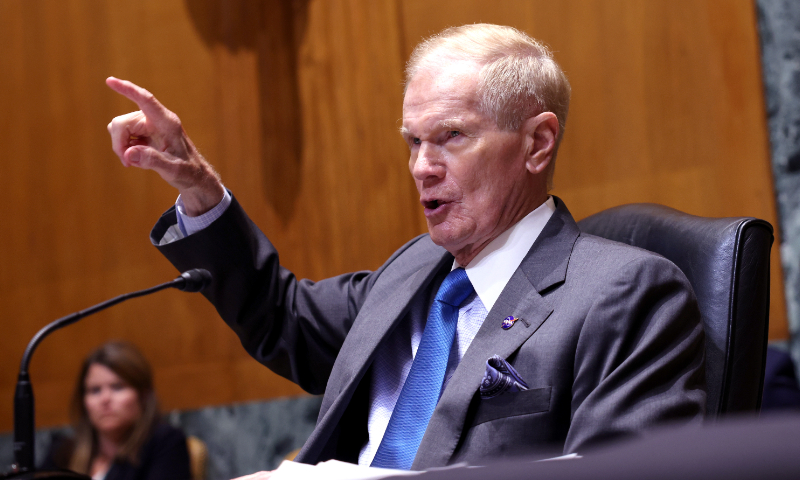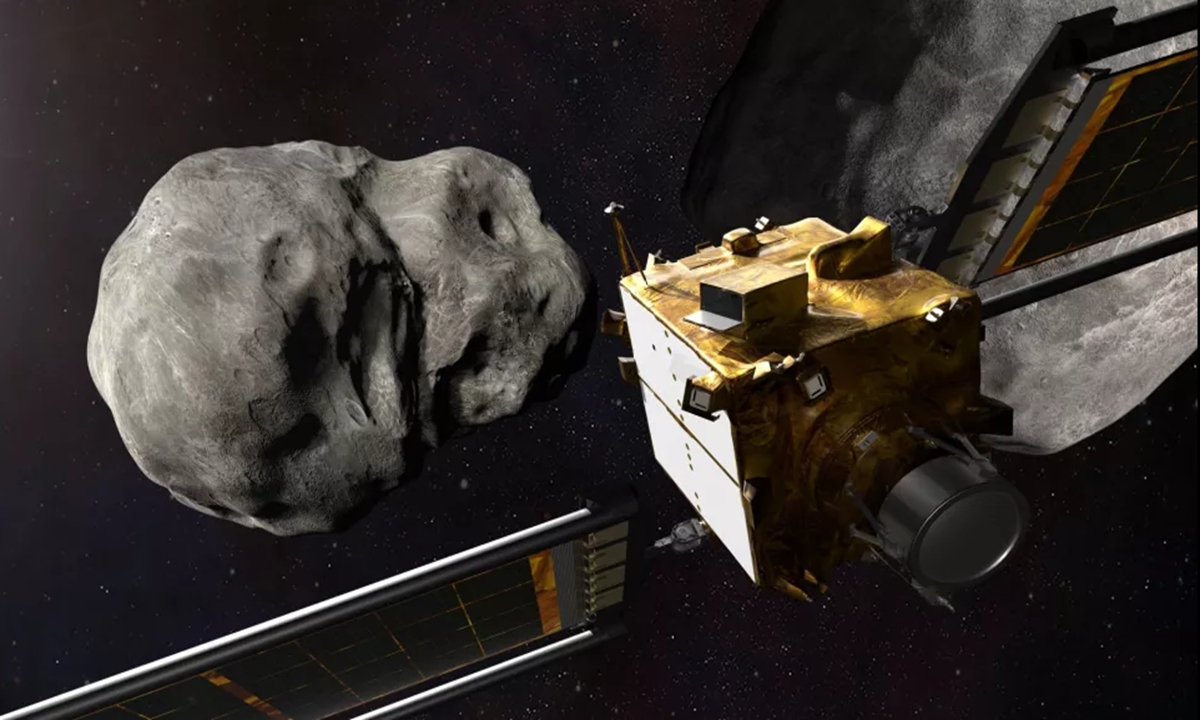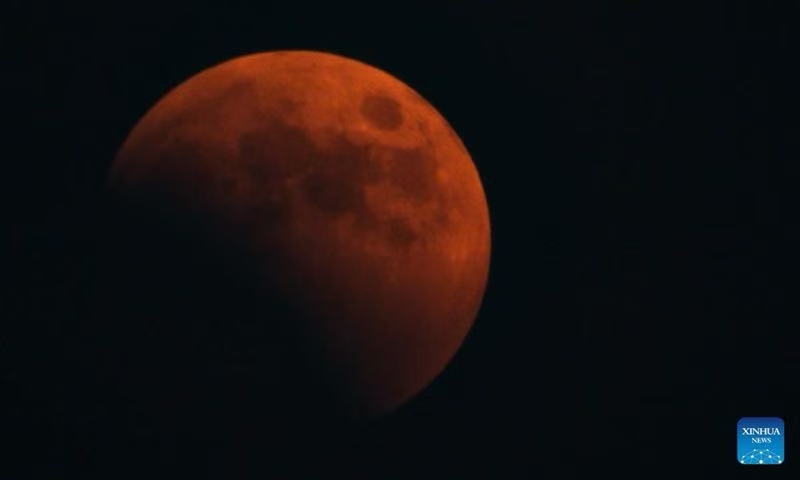
The moon is seen during a total lunar eclipse in Beijing, capital of China, Nov. 8, 2022.(Photo: Xinhua)
For the first time in nearly three years, people across China will be able to witness the total lunar eclipse. From Sunday midnight to the early morning next Monday, Beijing time, a spectacular total lunar eclipse will occur, visible in its entirety across the country, during which the moon will appear a rare crimson hue, according to the Xinhua News Agency.Astronomy experts reminded the public that this is one of the most significant celestial phenomena of the year, and urged enthusiasts not to miss it, the report said.
A lunar eclipse occurs when the sun, Earth, and moon align, causing the moon to enter the earth's shadow. The shadow consists of the umbra and the penumbra: a total eclipse happens when the moon is fully in the umbra, a partial eclipse when only part enters, and a penumbral eclipse when it passes only through the penumbra, according to Xinhua.
"Among the three types, the total lunar eclipse is the most striking. The moon appears a rare dark red, because of the refraction and scattering of sunlight by the Earth's atmosphere, during which a small portion of longer-wavelength red light passes through the atmosphere and illuminates the lunar surface," explained Song Yuanyuan, member of the Chinese Astronomical Society.
Each year, there are between two and seven solar and lunar eclipses, most commonly four -two solar and two lunar. This year follows that pattern, and for observers in China, the most favorable viewing will be this month's total lunar eclipse, according to the news report.
The total lunar eclipse will begin at 11:28 pm on Sunday and conclude at 4:55 am on Monday Beijing time. The totality phase, known as the "red moon," will last from 1:31 am to 2:53 am, with a duration of one hour and 22 minutes, indicated by Weather China on Friday.
"This total lunar eclipse will also be visible in the eastern Atlantic, Oceania, Asia, the Indian Ocean, Europe, Africa, the western Pacific, and Antarctica," Song noted.
It's reported that the last total lunar eclipse visible in its entirety in China occurred on November 8, 2022. The next such event will not occur until December 31, 2028, extending into January 1, 2029.
Most regions of the country will be able to observe the eclipse. However, heavy rainfall in coastal Guangdong and Fujian, influenced by tropical systems over the South China Sea, may hinder observation. In contrast, most of northern China, except for a small part of the northeast, will have favorable conditions to see the full process, according to Weather China.


